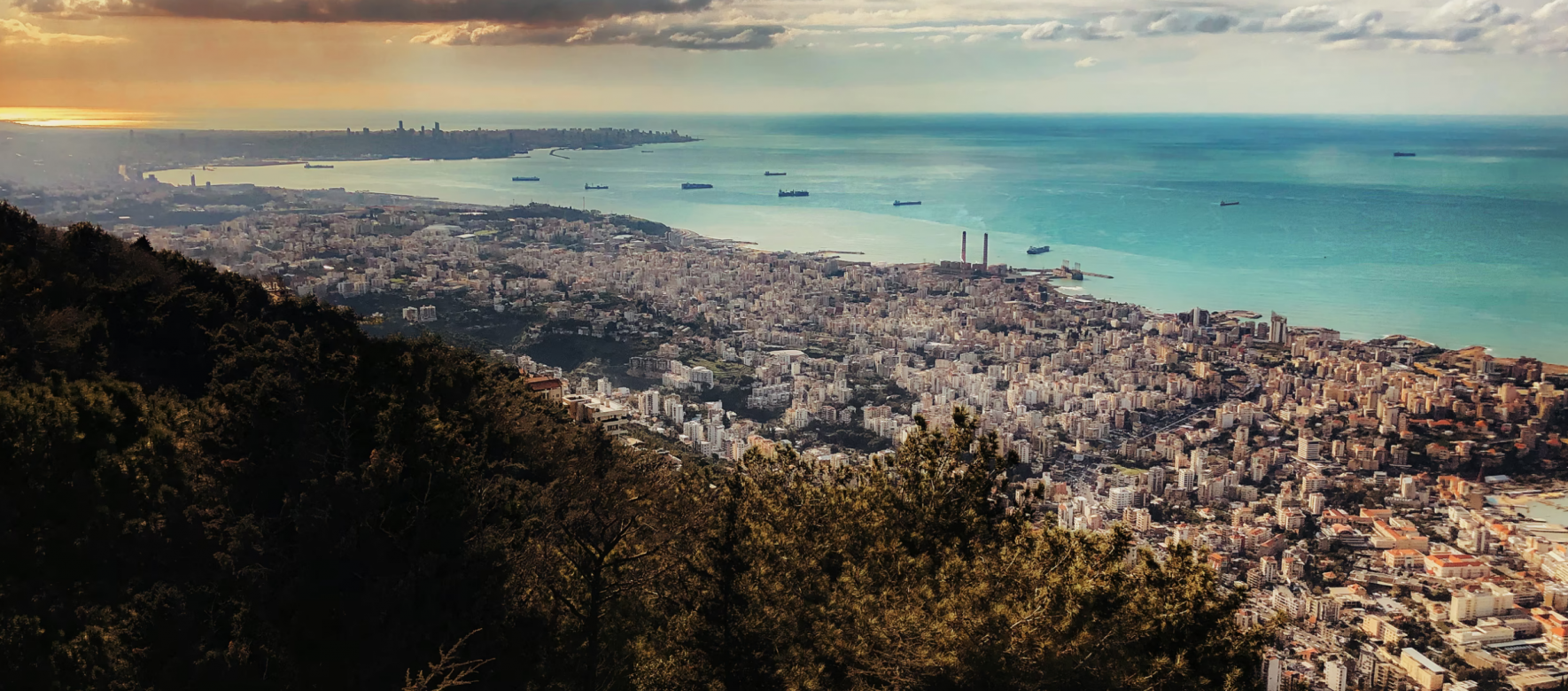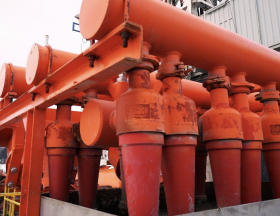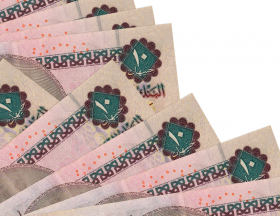In fact, the shortage of dollars, first in commercial banks from the end of 2019 and then now at the Banque du Liban, whose reserves are constantly declining, de facto leads to a significant drop in imports and a reorientation of consumption towards local production. The Lebanese economic model, hitherto based on imports (the country imports more than 90% of its needs) has been turned upside down. The crisis that the country is going through could, if the political will is present, turn out to be an "evil for a good" and be a trigger to accelerate the profound transition of the Lebanese economy from a service economy to a productive economy. and export oriented.
Two sectors look promising and have significant advantages
The first is the agricultural sector. A poor relation of post-war economic orientation strategies, the sector has considerable and largely underexploited potential (it represents less than 3% of GDP). In fact, dominated by crops with low added value and characterized by a lack of cooperation between local actors, the agricultural sector can be considered as the first stage in the transformation of the economy and, as such, requires a restructuring effort.
This would first involve the promotion of high value-added crops as well as the intensification of production through the introduction of new technologies. To support efforts to optimize production and promote exports, the country will need to align with international standards (trade and health) and promote market transparency, in order to protect small farmers. France is active in this sector and supports the establishment of standards and designations of origin (AOC / AOP) to support export sectors.
The second is the industrial sector. Today characterized by low public investment and the absence of a national strategy, the industrial fabric remains essentially made up of very small businesses (over 90% of companies) and family groups. The short-term objective would be to develop an industrial policy that would prioritize targeting high-potential sub-sectors which would also capitalize on Lebanon’s strengths. The skilled workforce is the country’s main asset and should help develop investments in the new technologies and digital sectors.
We can also mention the products intended for consumers which depend heavily on creative design and marketing capacities and on which Lebanon has a good reputation (jewelry, perfumes, cosmetics, etc.). on this reputation to bring out national flagships capable of positioning themselves on the regional and international markets.
The industrialization of the country must also be done through the development of its own production tools (factories and manufacturing workshops) which remain almost non-existent in Lebanon. This effort should be accompanied by the establishment of new professional training, a sector in which France is also trying to support Lebanon.
The government must carry out a series of holistic, sectoral and structural reforms, with the aim of cleaning up the economy, strengthening its competitiveness and improving the business environment. Because beyond local initiatives, the transformation of the economic model will also take place with foreign companies and the ability to attract FDI. In this sense, projects are more necessary than ever and concern all of the country’s infrastructure, which has been in decline for more than 20 years. The most famous example is the electricity reform dossier.
In this context, the CEDRE conference, organized on April 6, 2018 in Paris, made it possible to mobilize more than USD 11 billion in funding from the international community but which to date remain untapped in the face of the absence of any start of reforms or measures requested by donors. For example, Lebanon should initiate a governance reform which would affect all aspects of public action and which would allow the emergence of a transparent public service capable of supporting the country in its economic transition. .
Source French Embassy in Lebanon











Réagissez à cet article